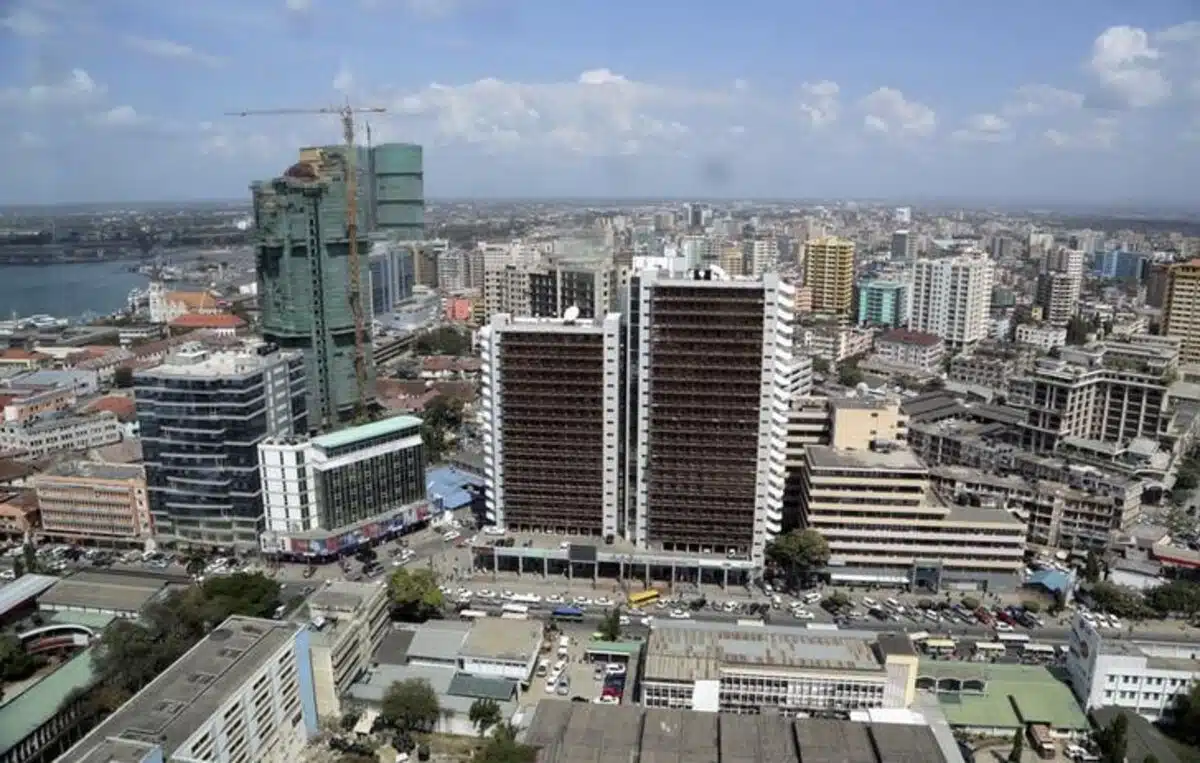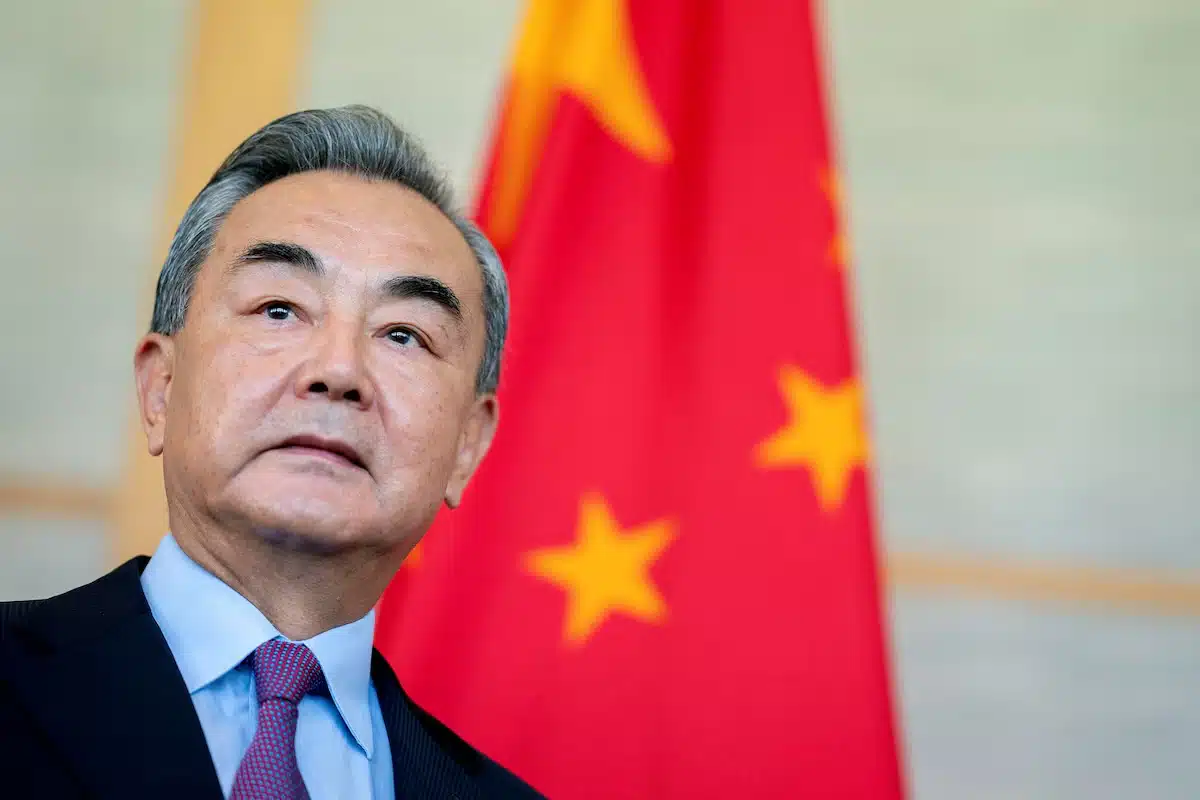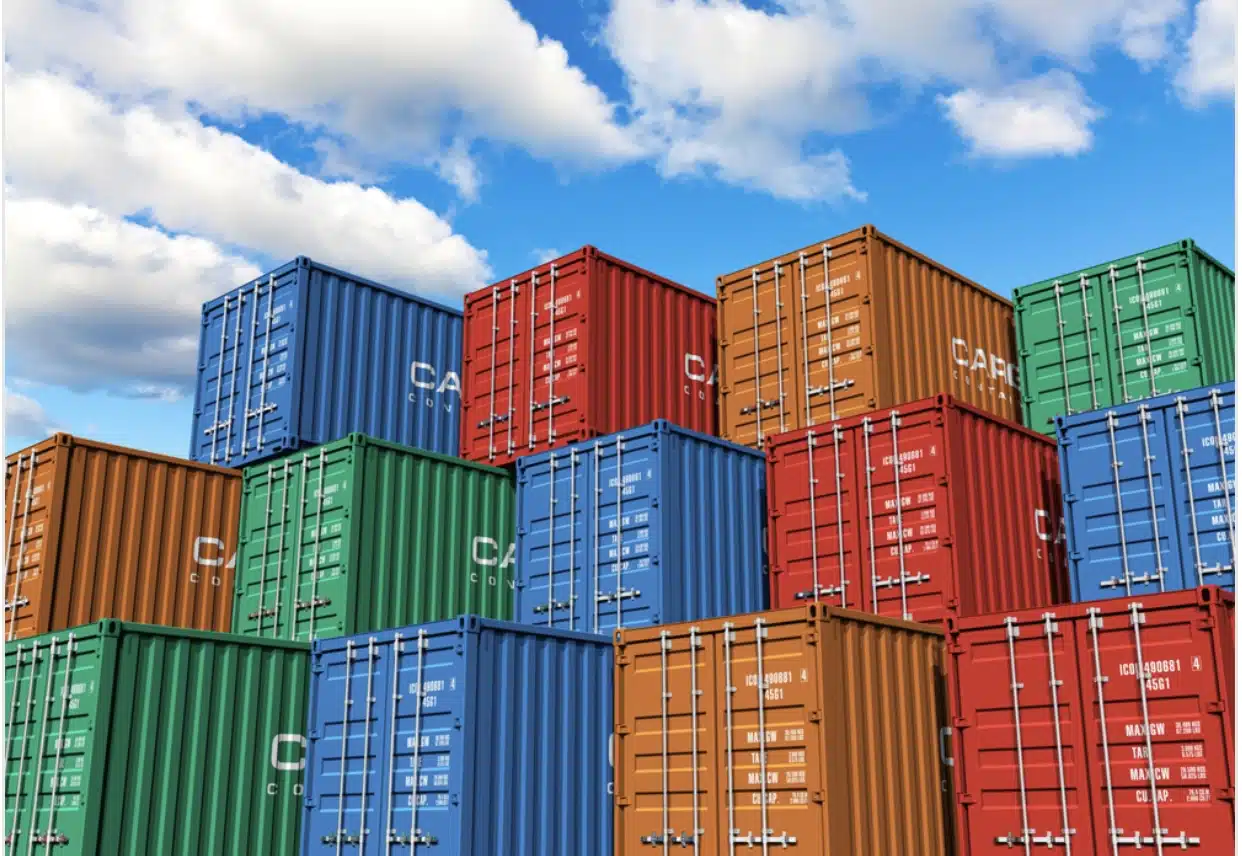Malawi has imposed a temporary ban on all mineral exports, including uranium, rare earth elements, graphite, coal, and bauxite, as the government moves to reform the sector’s regulatory framework, Bloomberg reports.
The Ministry of Minerals defended the decision, stating that the move was necessary to revamp regulations in a way that “benefits both the industry and the country’s economic growth.”
However, the suspension comes at a time when the southern African nation is experiencing a high trade deficit due to increased import dependency.
According to data from the International Monetary Fund (IMF), Malawi’s total imports rose by 24.8% year-on-year to $300.9 million in November 2024, as the country grapples with extreme poverty affecting about 70% of its population.
While exports grew by 24.8% during the same period, they remained significantly lower than imports at $149.2 million, resulting in a trade deficit of $152.1 million. That gap is likely to widen further with the suspension of mineral exports.
Behind the scenes of Malawi exports
Malawi began exporting its mineral resource as part of efforts to diversify away from agricultural products such as tobacco, tea, and sugar, which have long been the primary sources of foreign exchange.
However, the sector has faced persistent challenges, including fluctuations in global mineral demand and major infrastructural deficiencies. After experiencing a boom in 2009 due to surging uranium demand, exports declined sharply in 2014 as global prices fell.
Additional hurdles, such as inadequate road and rail networks and unreliable electricity supply, have further hampered growth and deterred large-scale investment.
Despite these setbacks, the government is pushing for increased investment in rare earth elements, graphite, and battery minerals, which are in high demand for clean energy technologies. Gold mining is also being encouraged, particularly in Mangochi, where small-scale operations have expanded.
Reforms, including the 2019 Mines and Minerals Act, aim to improve oversight and attract investors.
Meanwhile, Malawi’s tobacco production is projected to reach 180 million kg this year driven by improved farming practices and enhanced extension services.
This forecasted estimate marks a significant bump from last year’s total output of 113 million kg.
Given tobacco’s status as the country’s top foreign earner, this development is expected to stimulate economic growth says Tobacco Commission acting CEO, Evance Chilumpha.
Tobacco sale account for more than 60% of the southeastern African nation’s total exports.






